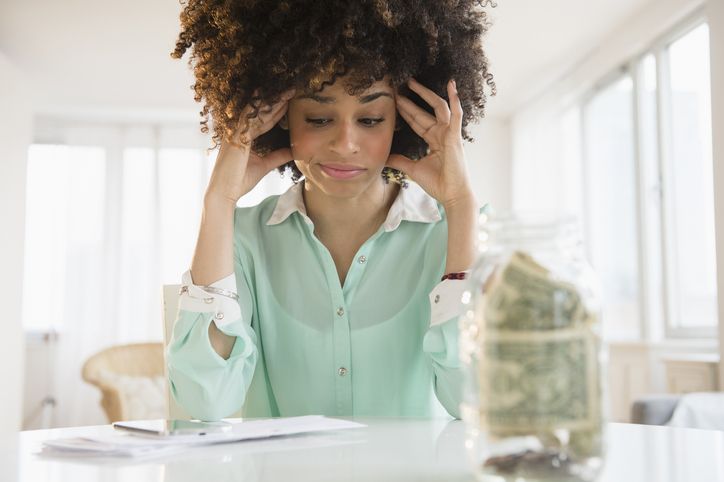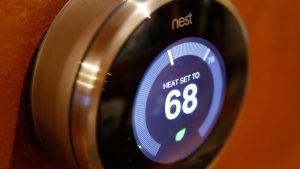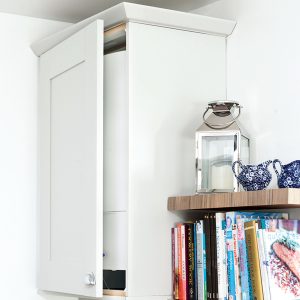
Money saving tips for singles are in demand as research reveals only 53% of those who are single and live alone have enough emergency savings compared to 79% of people who are in couples.
The findings from the HL Savings & Resilience Barometer (opens in new tab) also revealed:
- Only 34% of single people are on track for a moderate income in retirement, compared to 50% of those in a couple.
- 76% of single parents and 53% of those who live alone have poor or very poor resilience.
Sarah Coles, Senior Personal Finance Analyst, Hargreaves Lansdown said: “You can put a price on freedom: being young, free and single costs £860 more a month, and two-thirds of your financial resilience.
Single people have less in savings, and less cash left over at the end of the month. They pay the price over the long term too, because they’re less likely to be building equity in a property or saving enough to be on track for a moderate retirement income.”
Money saving tips for singles
Why are single people financially worse off?
Well, it’s down to the fact that single people have no one to split the bills with, leaving them to pay for everything out of their own pocket.
The classic example, a single person in a same-sized house or flat as a couple is forking out the money by themselves, adding an estimated £860 a month to their expenses.
There are costs you might not have considered that single people actually pay more for, such as council tax which is only reduced by a quarter if you live alone.
- Food shop You might think the weekly food shop comes out a lot cheaper, but when buying for one person you’re going to opt for the smaller packs, which tend to be more expensive.
- Social life And don’t forget special deals for couples and families when it comes to social activities. Things such as gym memberships, hotel bookings and cinema tickets have offers that cut costs for those in a couple or family, but unfortunately, single people are left paying the higher price.
- Owning a home As you can imagine, a couple who can share costs are more likely to own their own home, with the HL Savings & Resilience Barometer revealing 45% of couples meeting the threshold for property ownership, whilst only 17% of single people met the requirements.
- Paying tax Weirdly enough, couples are the ones who get the tax break. Married couples and those in civil partnerships can take advantage of the marriage allowance. Also, assets that are passed down to a spouse after death don’t bear any inheritance tax or capital gains tax when alive.
Here’s a breakdown of how much a single person would pay on bills and everyday things compared to an individual in a couple, according to the HL Savings & Resilience Barometer.
| Monthly cost | Individual price when single | Individual price when in a Couple | |
|---|---|---|---|
| Internet (Money Supermarket) | £33 | £33 | £16.50 |
| Council tax | £164 (Band D) | £123 | £82 |
| Energy bill (Price guarantee) | £208 | £208 | £104 |
| TV Licence | £159 | £159 | £79.50 |
| Rent (Rightmove outside London) | £1,162 | £1,162 | £581 |
| Subscriptions | Netflix (£6.99 for one screen, £10.99 for two), Spotify (£9.99 for one, £13.99 for duo), Amazon Prime £8.99 | £26 | £17 |
| Food and drink (ONS) | Estimate based on average household spend of £268 a month, and average family size of 2.4 | £140 | £111 |
| Monthly total: | £1,851 | £991 |
The data shows those in a couple are £860 better off per month than someone who is single.
Money saving tips for singles
It sounds like all bad news if you’re single, from your love life to your financial situation. But there are ways to cut costs on so many of your bills. We tell you how.
- Broadband (phone and internet) If you find you’re paying over the odds on your broadband deal, it might be time to switch. Check our best broadband deals which show you the best offers on the market, and you might find you save on other subscriptions like Netflix if you go with Sky, as all Sky packages include a Netflix subscription.
- Council tax You can apply for a council tax reduction under the ‘single person discount’. This means if there is only one adult living in the home, your council tax could be cut by 25%. If residents in the home only consist of students or severely mentally impaired, you could get a 100% discount which means you pay no council tax. Find out if you are eligible and how to apply.
- Energy bills Everyone is bearing the burden of high energy bills. The good thing is, cutting your energy bill does not discriminate, so if you are single, you can also do these things. Insulate your home. You can check for government grants under the Energy Company Obligation (ECO) scheme or the ECO Plus scheme, which include loft and cavity wall insulation. Or you can do simple things like put cling film on your windows, only heat the room you are using and try to use energy at off-peak hours, for example run the washing machine during the night as some energy providers are rewarding customers to do so.
- TV Licence Review what you watch on TV, look at whether you actually watch live TV and question, Do I need a TV Licence? A lot of people turn to the likes of Netflix or Prime and forget about BBC and ITV. If that’s the case, you might not need a TV licence.
- TV subscriptions If you’re paying full price on your TV subscriptions, there might be ways to cut costs and save money. Become money savvy and know how to get the best TV and music streaming deals, for example, check who your phone provider is and see if they give any rewards. Let’s take O2 who offer their customers many perks on O2 Priorities. One of the perks includes 6 months of Disney Plus free on O2. See more on how to cut the cost of your Disney Plus subscription and the best Apple TV Plus deals around.
- Food shop Inflation has meant what you used to pay for a basket of food has risen considerably, but there are still ways to hunt for the best deals and keep costs down. Most supermarkets have responded to the cost of living crisis to help shoppers with rising costs with price cuts. Also check the supermarket’s new budget ranges- Asda’s Just Essential Range and the M&S Remarksable range.




